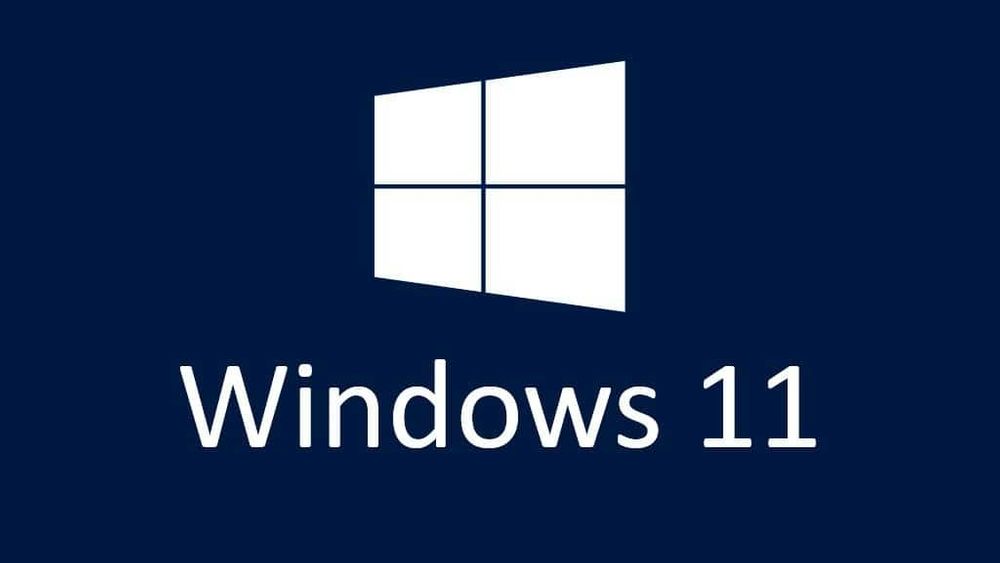Microsoft has unveiled Windows 11, a new operating system that will gradually replace the current version over the next years. Two seemingly minor but connected features stood out among all the new features. First, Microsoft Teams, the video-calling tool that saw a surge during the epidemic of 2020, will be included by default in Windows 11. Second, for the first time in years, Skype will not be available.
That suggests Teams is the new favorite kid, and many analysts believe this is the beginning of the end for the once-king of calling apps. “It appears that Microsoft is cancelling Skype,” wrote Adrian Weckler, tech editor of the Irish & Sunday Independent. Future Publishing’s content director, Jeremy Kaplan, adding, “Bye-bye Skype.” Tom Warren of The Verge had a quick reaction: “RIP Skype.”
Interesting Details About Skype’s History
Microsoft paid $8.5 billion (£6.1 billion) for Skype ten years ago. It was the internet giant’s largest-ever acquisition at the time, and there were questions over whether it paid too much. Microsoft, on the other hand, was investing in an app that had been downloaded one billion times and was used by hundreds of millions of people. Microsoft CEO Steve Balmer said, “Together, we will construct the future of real-time communications.”
It appeared to work: the app was included with every new computer, and the number of users was high.
However, by the middle of the decade, online forums were flooded with threads asking “why is Skype so bad?” and expressing dissatisfaction with improvements. Poor performance and questionable design decisions were cited by several.
At the same time, mobile messaging apps like WhatsApp and Facebook Messenger were gaining popularity and began to offer video calls, which was one of Skype’s key draws.
Skype’s original version debuted in 2003, and despite regular updates, it was beginning to show its age. Meanwhile, Microsoft was developing Teams, a business chat tool built on more current technology that debuted in 2017. “For several years now, Microsoft has been going beyond Skype, with Teams serving as their strategic voice and video technology for the next era,” said Angela Ashenden, a CCS Insight analyst.
Microsoft Teams: Is It A Perfect Replacement For Skype?
Teams used Skype’s technology under the hood for a while, she said. As a work tool, it was created to compete with Slack, a business software. But then came the epidemic.
Zoom went from being a little-known business solution to a household name in the blink of an eye. Microsoft Teams was one of just a few competitors willing to take on the challenge.
“Skype’s fate as a legacy technology for Microsoft was truly confirmed last year when Teams usage surged,” Ms. Ashenden added. The launch of a personal version, which might directly compete with Skype, has only added to this. With such rapid success, she added, it was “inevitable” that Teams would become the Windows default.










